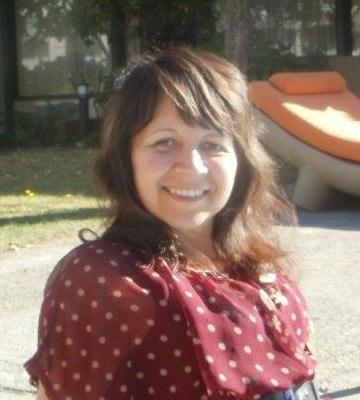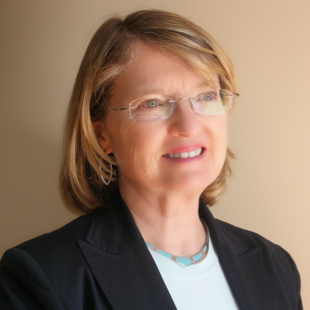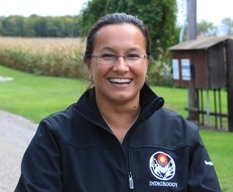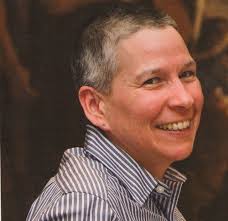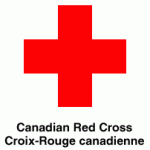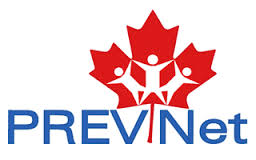The Research
The Canadian Red Cross, in partnership with five Indigenous communities in Canada, is working to promote pathways to wellness through Respect Education. The program supports communities in creating safe environments for children and youth, and promotes community-based skills and resources for creating wellness and preventing violence.
Researchers from York and other universities are partnering to explore pathways to wellness linked to the Red Cross program. We want to understand what aspects of this program work to help communities create positive changes and how these changes happen, to better understand what moves communities from a cycle of violence to a circle of healing, rooted in First Nations, Métis and Inuit cultures and practices.
How?
Community-Based Researchers will gather knowledge about their community’s history, services, activities, policies, goals, strengths and challenges, documenting the process of community mobilization in communities before, during and after Red Cross' Respect Education programming. Community mobilization refers to the coming together of community members in a unified way to identify priorities, needs, strengths, challenges and risks toward a common goal. Following the principles of Indigenous research methods, the communities decide how the research is done, and how the learning is shared.
Red Cross Respect Education Programming
As part of the research process, the community will participate in Respect Education programming through the Canadian Red Cross. Community-Based Researchers will document the training process and will be able to gather knowledge about how the Red Cross training contributes to enhancing or building leadership, capacity and wellness within the community.
Sharing of knowledge
A principal goal of this project is to share the knowledge gained through this research. The findings will provide direction for efforts to support communities and organizations in building capacity and in developing strategies to promote community cohesion and movement toward a path of wellness. The findings will be shared through presentations in each partner community or organization, at academic conferences, and in articles, books or book chapters, reports, policy papers, exhibitions, educational tools, resources, and web-based materials.
Partners
- York's Faculty of Health and Faculty of Education
- Canadian Red Cross
- Wilfrid Laurier University--Aboriginal Field of Study, Faculty of Social Work
- PREVNet
- RCMP
- Australian Red Cross

